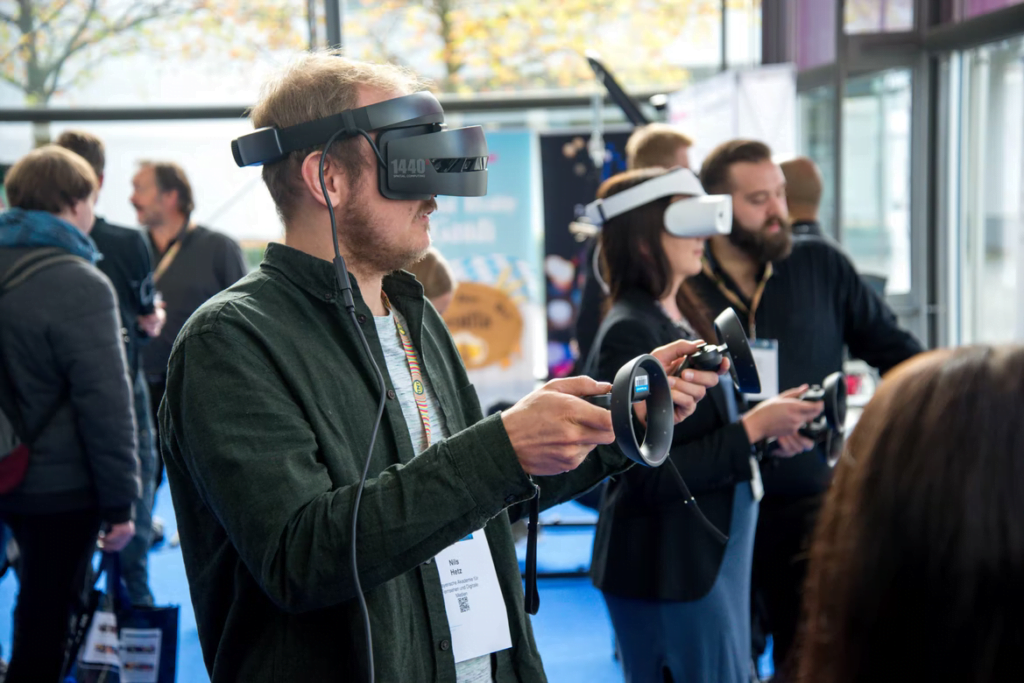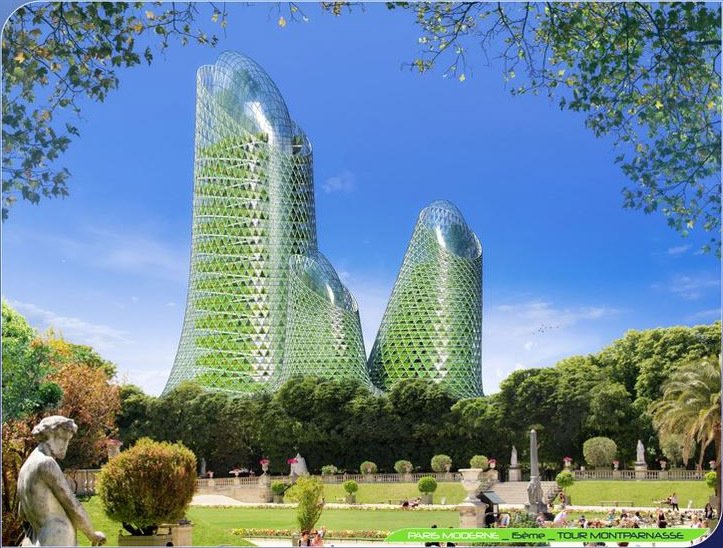Virtual reality is becoming a new popular technology that has been catching on all over the world. The main reason why virtual reality is gaining such a hook is that it allows the user to get up close and personal with what they’re seeing by turning their head and viewing the screen through headsets.
What Businesses Can Benefit From VR Technology?
This means that the user can be totally immersed in a virtual world without actually getting physically moved there. The best thing about VR solutions is that they are flexible and can work for many different types of businesses. So what are some common uses for VR for business? Let’s dive into these together.
Key Business Cases for VR
VR technology is quickly growing and is becoming increasingly popular. It can provide many benefits for businesses, allowing them to interact more easily with their customers. From improving communication with your customers to providing them with a unique experience, there are many reasons why virtual reality is becoming more and more important.
In order to know if this new technology is right for you, it is important to know what it can offer your business. With this in mind, you will find below a list of businesses that have already used VR technology for their operations and have reported amazing results.
#1 – Presentations
Companies typically use VR for presentations for a variety of reasons. It may be for customers, a business partner, or another stakeholder group. For example, a manufacturing company may use VR for presentations of its products to customers. It may include a full view of the product or just a small “demo” of the product.

It may be a virtual tour of the manufacturing facility and allowing a customer to view the machinery, materials, or even the actual manufacturing process. The customer may be able to view the product from all sides even if it is a 3D model. Thus, with virtual staging solutions from Spotless Agency, you can create virtual renders and showcase virtual designs to your customers. Thus, clients can get a feel for it and see how the manufacturing process takes place. This can also give the customer a sense of confidence that they’re dealing with a high-quality manufacturing operation. With the rise in virtual reality, VR for Presentations is becoming more commonplace.
#2 – Training
VR for training allows companies to provide virtual training without having to actually travel to a place. For example, a manufacturing company may want to provide employees with training on a specific product. VR for training allows them to do this without needing to send people to a factory. Instead, they can use VR to send an actual virtual model of the product or just a simple simulation. They can then train their employees remotely or in different parts of the world.
#3 – Social Experiences
Companies can use VR to provide an immersive environment for their customers to explore even if they’re not physically near them. For example, a travel company may use VR to allow their customers to interact with their hotel room in a fun, interactive way. Maybe there’s a VR game that helps you explore the hotel’s interior or there’s a VR experience of local attractions. Companies can use VR to create an interactive and immersive social experience for customers.
#4 – Virtual Travel
Companies can create a custom VR experience that allows people to virtually travel to a different place. This could be to see how the company runs its business or to give people an idea of where their company is located. They can also use VR for virtual travel to do site inspections of a business to see if the facility meets specific guidelines or standards. They can use VR to see what their employees might be exposed to in the workplace. Companies can also use VR for other purposes related to virtual travel, such as virtual tourism.

#5 – Manufacturing
In general, businesses in manufacturing or related industries are most likely to benefit from VR. The new technology can provide a number of benefits, such as improved customer relations, sales, and manufacturing. It can also provide the production company with a virtual reality tour of their facility, allowing customers to interact with the physical products or even see how the physical manufacturing process takes place.
#6 – Retail
VR for business can also be very useful in retail environments. The ability to give people an idea of a product or even a brand before they buy it is becoming increasingly common. They can see the products from many different angles and get a feel for them. They can also see the environment in which the product or brand is produced, whether it’s the manufacturing facility, office, or retail store. The customer can be shown how the product is assembled and made.
#7 – Service
VR for service companies can be particularly useful. As more and more people do their shopping online or on their mobile devices, there’s more opportunity for a company to offer a VR shopping experience. If the experience is well-executed, it can give a service company an edge in the online marketplace. They can provide a similar experience to in-store shoppers but in a much more virtual environment. They can allow people to experience their services from any place and in any situation.
#8 – Financial and Insurance
VR can provide a more immersive experience for people wanting to look at financial services or insurance. We already use VR in this area, whether we’re dealing with auto insurance or financial services. In the past, we’ve had to pay a visit to our local bank to look at their website or maybe ask to speak to a representative. Now, we can be able to do this virtually, and it may help us make a more informed decision.
#9 – Real Estate and Hospitality
People often associate real estate with selling properties. While this is true, there are other types of real estate business, such as commercial or residential property rentals. VR can also be useful for real estate investors and developers. They can show off their properties and provide a more immersive experience than just photos and words. They can use it to help get potential customers more excited about their properties or show properties to their agents or brokers. VR for real estate is already becoming increasingly common. It’s a relatively new experience, but it’s gaining popularity.







Leave a Comment
You must be logged in to post a comment.